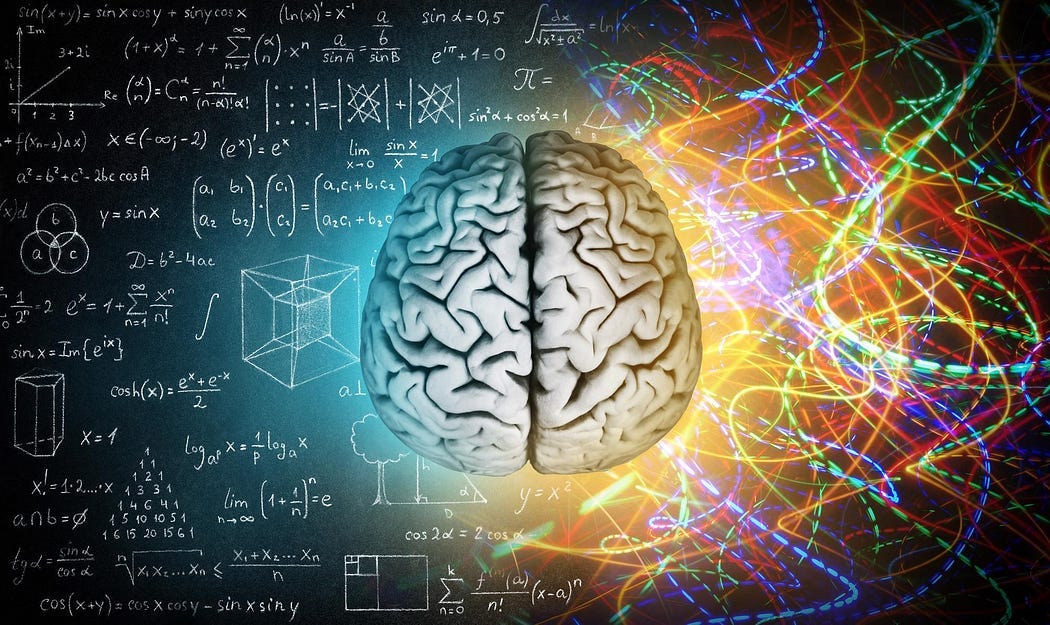Intelligence is one’s ability to understand and use information to solve problems, make decisions, and learn from personal experiences. It involves cognitive and emotional skills that allow one to perceive the world through critical thinking and constant evaluation, which can help one achieve the success they desire. Intelligence is certainly a complex and multifaceted concept that can be measured and developed in a plethora of ways, most prominently through experience, education, and training. We are all born with differing degrees of intelligence (primarily due to genetics), but it’s our ability to learn (and learn how to learn) that allows us to take better advantage of our experiences — and therefore our intelligence. There is no one singular and definite definition for intelligence; its definition varies considerably across disciplines, but it is generally accepted as the ability to swiftly adapt and succeed in a rapidly changing environment.
The Gold Standard: Sternberg’s Theory of Intelligence
Robert Sternberg’s Triarchic Theory of Intelligence, in my opinion, defines intelligence better than any other theory. According to Sternberg, intelligence results from information processing components being applied to experience for adaptation to, shaping, and selection of environments. In my definition, I talk about the importance of learning how to learn through experience to attain greater levels of intelligence. Experience, in turn, can serve as an invaluable asset that allows us to better adapt to and take advantage of our environment. Sternberg’s Triarchic Theory of Intelligence may even support Charles Darwin’s Theory of Natural Selection as it can explain why more intelligent organisms can survive catastrophes and ultimately pass on their genes to the next generation — they take advantage of their extensive experience to figure out solutions that can help them avoid death.
Intelligence, as defined by Robert Sternberg, is not just about cognitive ability, but also includes practical wisdom and common sense. Even highly intelligent people can make mistakes and poor life decisions due to a lack of these other components of intelligence. One big reason, as noted by Sternberg, is the tendency for such people to become overconfident in their abilities. This overconfidence can lead to poor decision-making, as they believe they can handle challenges or situations without seeking advice or help from others. These highly intelligent people believe solely in intelligence to solve problems and make decisions in life and fail to consider experience. This is why they often do not seek or even ignore the advice given to them by their older, more experienced peers. For this reason, they make the wrong decisions and fall into pitfalls that are sometimes inescapable.
Genetic & Environmental Effects on Intellectual Aptitude
Genetic factors determine an individual’s innate potential for intelligence, including the number and structure of brain cells as well as the functioning of their neurotransmitters. Many studies have shown that the heritability of intelligence is estimated to be around 50–80%, indicating that genetics plays a significant role in intellectual aptitude.

On the other hand, environmental factors can also have a significant impact on intellectual development. These factors include the quality of early childhood education, nutrition, exposure to environmental toxins, stress levels, and access to resources and opportunities for learning and development. Positive environmental factors, such as high-quality education and supportive home environments, can help to maximize one’s innate potential and lead to improved intellectual development.
Culture and Intelligence
The definition of intelligence and what constitutes intelligence varies across cultures and is influenced by a variety of factors, including cultural history, traditions, and education. For example, in some cultures, intelligence may be defined by academic achievement, such as high test scores or a good education, while in others, intelligence may be defined by practical skills and problem-solving ability. In addition, some cultures may place a higher value on verbal intelligence, while others may value spatial intelligence or emotional intelligence more.
Cultural definitions of intelligence can also shape the opportunities and expectations for individuals within a culture. For example, in some cultures, individuals who perform well academically may be encouraged to pursue higher education, while in others, practical skills and hands-on experience may be valued more highly.
Emotional Intelligence and Living a More Socially Enriched Life

Salovey & Mayer identified the four main components of emotional intelligence:
Perceiving Emotions: The ability to perceive emotions in oneself and others as well as in objects, art, stories, music, and other stimuli.
Facilitating Thought: The ability to generate, use, and feel emotion as necessary to communicate feelings or employ them in other cognitive processes.
Understanding Emotions: The ability to understand emotional information, to understand how emotions combine and progress through relationship transitions, and to appreciate such emotional meanings.
Managing Emotions: The ability to be open to feelings, and to modulate them in oneself and others to promote personal understanding and growth.
If I had to choose, amongst the four components explained above I would work on ‘Understanding Emotions’ as a way to aspire toward living a more socially enriched life.
Having a deep understanding of emotions and their meaning, both in myself and others, is essential for effective communication and building positive relationships. This component of emotional intelligence would allow me to understand the emotional landscape of a situation and respond in a way that supports personal growth and understanding, as well as the growth and understanding of others. For instance, understanding emotions can help individuals navigate challenging social situations and conflicts, empathize with others, and most importantly, build meaningful connections. With this understanding, I would be better equipped to navigate and strengthen my social relationships, leading to a more fulfilling and socially enriched life.




